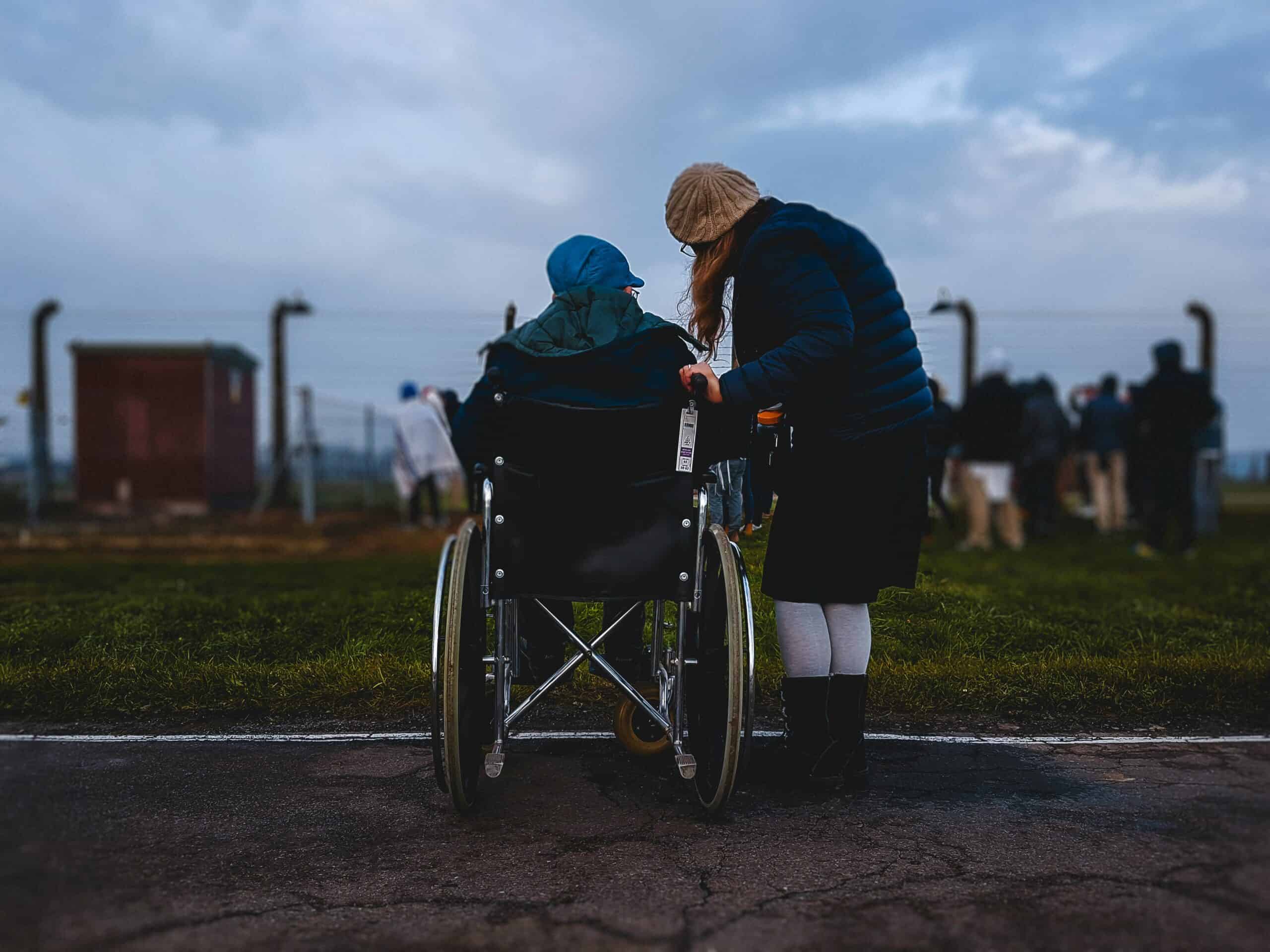Understanding Medi-Cal Recovery and How to Protect Your Home
If you or a loved one are getting older and thinking about assisted living, nursing care, or even just future medical needs, this question is probably on your mind—and for good reason. The idea of losing a home you’ve worked your whole life to own is terrifying. Especially when the rising nursing home costs make it more likely families will turn to Medi-Cal for help—only to discover their home could later be at risk. And unfortunately, without the right estate planning in place, it’s not just a fear—it can be a real risk in California.
Here’s how to protect your home and legacy in California.
What Is Medi-Cal?
Medi-Cal is California’s version of Medicaid assistance. It’s a state and federally funded program that provides health coverage for low-income residents, including long-term care benefits (like covering nursing home costs). If you have Medicaid eligibility, but live in California, you could likely enroll in Medi-Cal.
Here’s the catch: while Medicare (federally funded program for people over the age of 65) does not cover long-term nursing home care, Medi-Cal does. That’s why many seniors turn to Medi-Cal when they need help covering nursing home costs, assisted living expenses, or other long-term care in extended care nursing facilities.
The problem arises after the person receiving care passes away. That’s when the California Department of Health Care Services (DHCS) may step in and try to recover the costs it paid—often by going after the deceased person’s estate.
Can the State Really Take My House?
How Medi-Cal Estate Recovery Targets Your Home Equity
In certain cases, the state can take your home, unlike if you were receiving care through medicaid eligibility, through what’s known as Medi-Cal Estate Recovery. If you received Medi-Cal benefits for long-term nursing home care after age 55, the state has the legal right to seek reimbursement from assets in your estate after you pass away. And in most cases, the most valuable asset in the estate is the home.
That means your house could potentially be used to pay back the state for nursing home costs, long-term care services, or medical treatments provided during your lifetime. However, it doesn’t have to happen that way.
Does Medi-Cal Recovery Apply to Home Healthcare, Too?
Yes, it can. Many people think Medi-Cal estate recovery only applies to nursing home care, but that’s not always true. If Medi-Cal paid for in-home care, such as through In-Home Supportive Services (IHSS) or other home health care benefits, the state may still try to recover those costs from your estate after you pass away.
That means your home could be at risk even if you never entered a nursing facility. The best way to protect it? Work with a California estate planning attorney, like the ones at Best Coast Estate Law, PC, to explore tools like an irrevocable trust or a Medi-Cal Asset Protection Trust (MAPT), which can help shield your home from recovery.
How an Estate Plan Can Protect Your Home from Estate Recovery
The good news is that there are legal and effective strategies to create asset protection and keep your home from being taken by the state. Estate planning is your best defense. Learn more about Medi-Cal / Medicaid Estate Recovery here.
What Happens to My House After I Die?
It’s important to understand that the state doesn’t force you out of your home while you’re still living. Medi-Cal will not take your house during your lifetime. The issue is what happens after you pass away.
Also, California won’t pursue estate recovery if certain people are still living in the home—such as a surviving spouse, a disabled child, or a minor child. But once those asset protections end (for example, the minor child turns 18 and is considered an adult child), the state may still file a claim. That’s why planning in advance is essential.
Proactive estate planning is so important. If you want your home to go to your kids or other loved ones—not the state—you have to plan ahead.
Don’t Let Your Family Home Become a Statistic
If you’ve been wondering, “Can the state take my house to pay for long term care?,” now you know the answer: it depends on how well you plan. The worst thing you can do is nothing.
Our Palm Springs and Burbank estate lawyers make sure your home stays in your family—not tied up in probate, or taken by the state to cover nursing home costs, long-term care bills, or Medi-Cal recovery claims. With the right California estate plan, you can prepare for nursing home costs without sacrificing everything you’ve worked for.
Contact our estate law office today to schedule a free consultation.
Whether you’re in Palm Springs, Los Angeles, or anywhere in California, we’re ready to help you protect what matters most.



